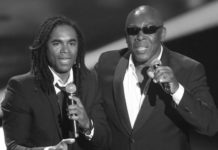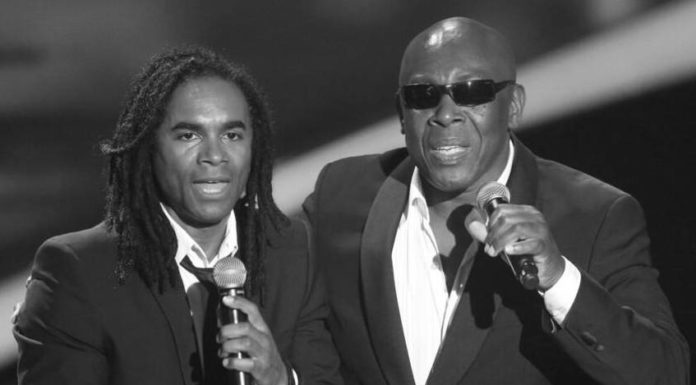 Photo:Getty/Images Esco doesn’t shy away from his past on nearly spotless 10th album. April 19, 1994: It’s one of those romanticized dates that becomes more special with each passing year. Still, there was something incredibly majestic about the day when a 20-year old Nasir Jones dropped his debut album, Illmatic. Hip-hop’s birthplace, New York City, had begun to see its greatest rap gods show more than a bit of vulnerability. Rakim was in musical limbo, two years removed from Don’t Sweat the Technique, his final album with partner Eric B., and Brooklyn’s Big Daddy Kane was on a mission to recapture the throne he once occupied, but 1994’s Daddy’s Home was less-than-stellar. Meanwhile, on the West Coast, fans were crowning new rap kings in the form of Dr. Dre and Snoop Dogg. They called Nas the Prophet; he was billed as the messiah that would bring back New York rap. He did that long ago and many times over, but when listening to Jones’ new Life Is Good, you can’t help but be reminded of how far Nas has come. Now they call him the Don, a name befitting the multiplatinum MC, who has not only emerged as one of the genre’s most commercially successful artists, but a vicious defender of hip-hop’s fundamental principles of lyricism and creativity. The man who needs no introduction begins his 10th solo LP with the aptly titled “No Introduction.” Over the J.U.S.T.I.C.E. League’s stringy and symphonic production, Nas can’t help but look back and wax poetic about the man he’s become. “P.S. 111 had free lunch, embarrassed, but managed to get a plate/ We was kids, hungry, mom’s working, I was famished, she gettin’ home late,” he spits, reminiscing on the saving graces of NY’s free lunch program. It’s this type of vivid detail and authenticity that has set Nas apart from his contemporaries for the past 17 years, and with Life Is Good, he absolutely overdoses on imagery. On the 1990s-style “Loco-Motive,” Esco compares the unbearable NYC summer heat to the numbing feeling one gets burning the roof of their mouth with a scalding slice of pizza. It’s a bewildering and wildly enjoyable form of lyricism. “A Queens Story” is an immortalization of the real-life gangsters who made their bones in Nas’ neck of the woods, and the fact that names like Black Just, E-Money Bags, Stretch and the Bebo Posse are unfamiliar to most only adds to the album’s lore. On the Mary J. Blige-assisted “Reach Out,” Nas blends 1980s goodies across one track, employing Mary to sing an interpolation of New Edition’s “Once in a Lifetime Groove” over a retouched version of DJ Hollywood’s “Hollywood’s World.” These days, the rapper’s problems aren’t like the hunger pangs he faced as a child; on “Reach Out,” he briefly references his tax troubles, which keep him awake well into the ante meridiem hours. On “Bye Baby,” the heralded MC takes his deepest dive, reminiscing on his marriage with R&B singer Kelis and, of course, the couple’s ugly divorce. Still, there is no regret — after all, life is good, right? “At least I can say I tried and enjoyed the ride,” he surmises. To say Life Is Good is spotless is inaccurate, but it’s damn near. The rambunctious and repetitive Swizz Beatz-assisted “Summer on Smash” can be a hard listen in the context of the well-thought-out LP, but it isn’t intolerable by any means. As a whole, Nas’ latest represents 17 years of growth and maturity, without obnoxiously screaming, “Look at me! I’m grown and mature!” While drastically different from his 1994 debut, there is something especially majestic about Nasir’s 2012 release, and hopefully it grows a little more special with each passing year. |






























